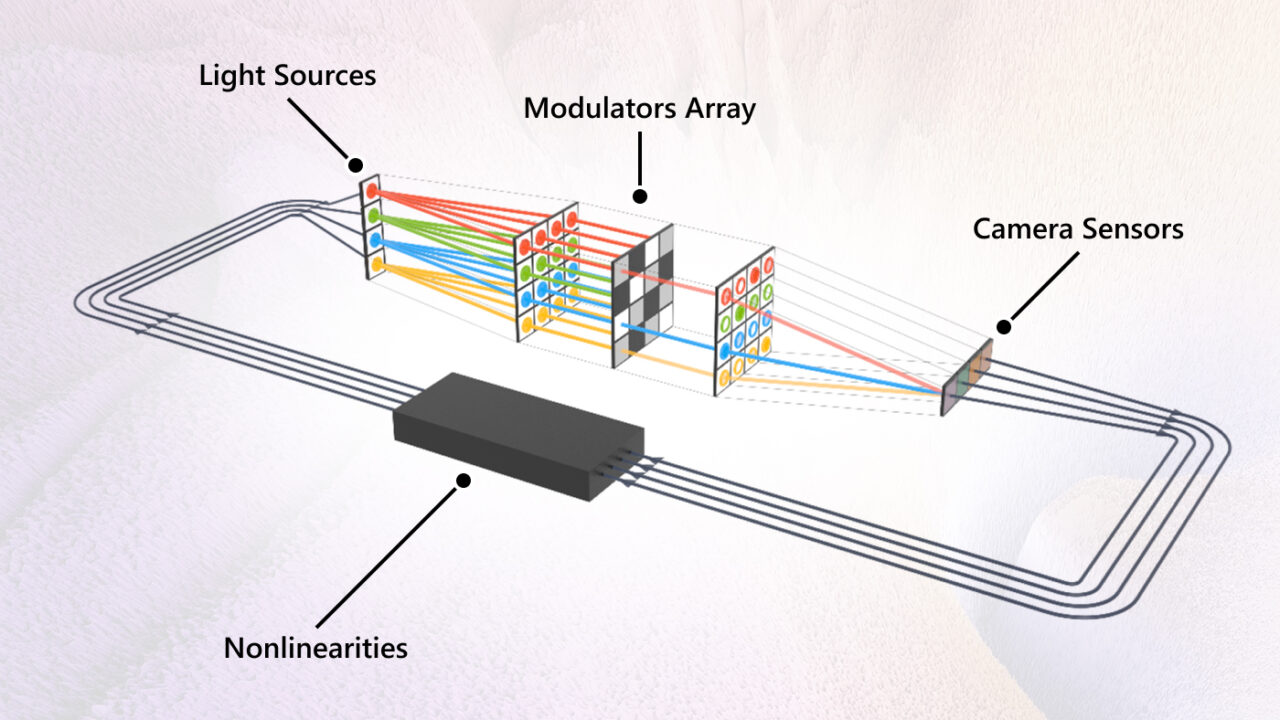Analog Iterative Machines introduce a new approach to optimization problems, which are often hard to solve using conventional digital computers. The approach is based on analog iterative machines, which are devices that use physical phenomena to perform computations in parallel and continuously. The article describes how analog iterative machines can solve optimization problems faster and more efficiently than digital computers, using examples from machine learning, physics, and engineering. It does also discuss the challenges and opportunities of developing analog iterative machines, such as hardware design, noise reduction, and scalability.
